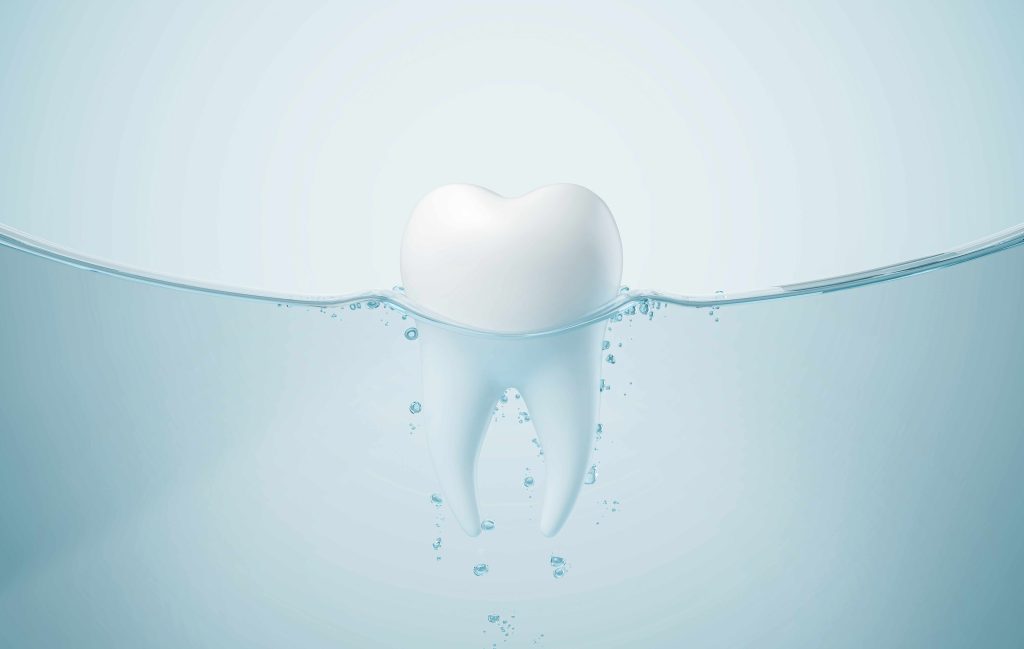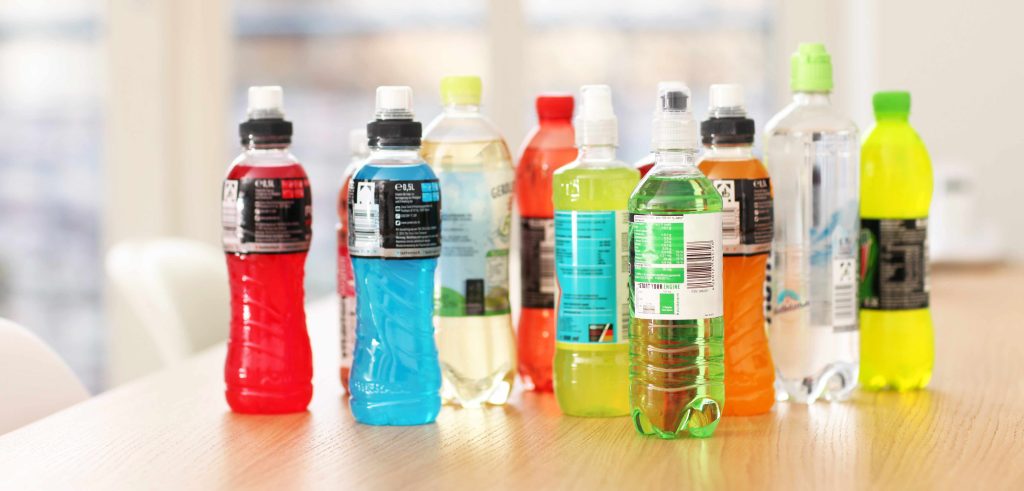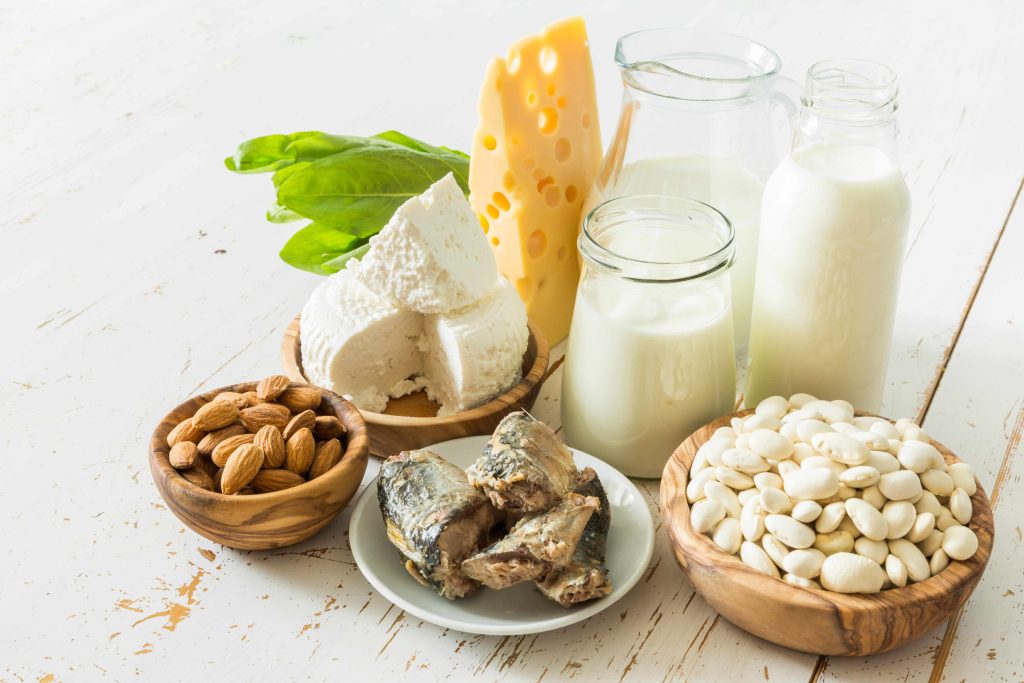We’ve all heard the same line about dental health and our teeth: you only get one set, so you’d better take good care of them. That’s a phrase usually attached to advertisements for toothbrushes or bottles of mouthwash, but did you know your dietary habits can also play a role in the strength of your pearly whites?
As students enter their teenage years, nutrition comes to be more important than ever throughout their development and into adulthood. Everything they eat and drink can influence their dental health, especially in terms of either limiting or accelerating tooth decay at an early age. Thankfully, that doesn’t mean students need to live off bread and water to keep their teeth healthy – there are three simple steps students can bear in mind to build habits that will protect their teeth well into adulthood, and a well-designed education catering solution can help them do it.
When in doubt, drink water
It might feel as if this is the answer to everything, but it really does help: drink more water.
Australian tap water contains added fluoride in all states and territories. Fluoridated water has been shown to have some significant health benefits when it comes to strengthening the tooth enamel of both adults and children, and the incidence of tooth decay among Australian children has reduced sharply since fluoridation began. 1
Children aged 12 and above should aim to drink between 6 and 8 cups of water per day. Whether enjoyed at home or served through food catering for schools, water should be chosen as the main source of hydration – both because of the fluoride’s benefits to your teeth and because it’s by far the healthiest option available. Additionally, drinking water regularly throughout the day can help neutralise acid buildup, further helping to prevent any potential decay.2

Spare the sugars
Cutting back on refined sugar is one of the kindest things you can do for your teeth. Sugar consumption leads to the buildup of plaque on the teeth, which in turn can dissolve enamel and directly lead to cavities. Some tips to reduce the risk of tooth decay from added sugar include:
-
- Start cutting back on all sugary drinks. This includes soft drinks, juices, cordials, ‘sports’ drinks, and energy drinks. If you are enjoying something on the sugary side, use a straw where possible so that your teeth are less exposed to the sugar and acid.
-
- Check the nutrition label on processed foods for added sugar. Ideally, students should be enjoying foods which contain less than 10 grams of added sugar.
-
- When choosing multivitamins, choose capsules or tablets over sweetened gummies.
-
- Avoid chewing gum that contains sugar.
-
- Limit the amount of sticky sugary foods you consume like dried fruit or toffee. Sticky foods can leave the sugar clinging to the teeth for longer, which exposes the enamel over a longer period of time and increases the risk of decay.
- Limit the amount of sticky sugary foods you consume like dried fruit or toffee. Sticky foods can leave the sugar clinging to the teeth for longer, which exposes the enamel over a longer period of time and increases the risk of decay.

Australia has no officially recommended daily sugar limit, but the World Health Organisation advises limiting sugar intake to less than 5% of your total daily energy intake to protect your dental health. That’s equivalent to approximately 6 teaspoons of sugar throughout the day for the average adolescent.
Dine on dairy
Calcium’s a mineral that doesn’t typically live on the tip of our tongues, but it’s essential for maintaining several areas of our bodily health. Approximately 99% of the body’s calcium is held within the teeth and the bones. That means it’s critical that students are meeting their daily calcium intake targets in order to protect their teeth – and their bones!
Adolescents of both sexes typically require approximately 1,300 milligrams of calcium daily, which equates to roughly three and a half serves of dairy. One serve is equal to one 250 millilitre glass of milk, two 40 gram slices of cheese, or a 200 gram cup of yoghurt. 3
Dairy is arguably the easiest way to get calcium in our diet through food catering for schools, but it isn’t the only game in town. Dairy free dietary options include foods such as:
-
- Tofu
-
- Fortified soy milk
-
- Canned salmon with bones
-
- Brazil nuts
-
- Fortified cereals

Just getting the calcium into your system isn’t quite enough. Vitamin D is an essential component of the calcium absorption process, so you’ll want to be sure your students are getting their daily dose of sunshine so their bodies can properly protect their teeth.
Brushing up
As such an essential aspect of our health, it’s vital that we make sure students are given the knowledge and the nutrition to properly protect their teeth. An education catering solution that is truly focussed on supporting the holistic wellbeing of the school’s students can be the perfect tool to help educate and enable better health decisions across all age groups.
If you’d feel better knowing that every meal served in your dining hall has had its dental impact signed off on by a qualified dietitian, then get in touch with our Education expert via the details below.

To find out more, get in touch with David O’Brien to have a quick chat about how gather can provide your students and residents with a well-rounded and connecting mealtime experience.
- 0424 190 566
Reference:




